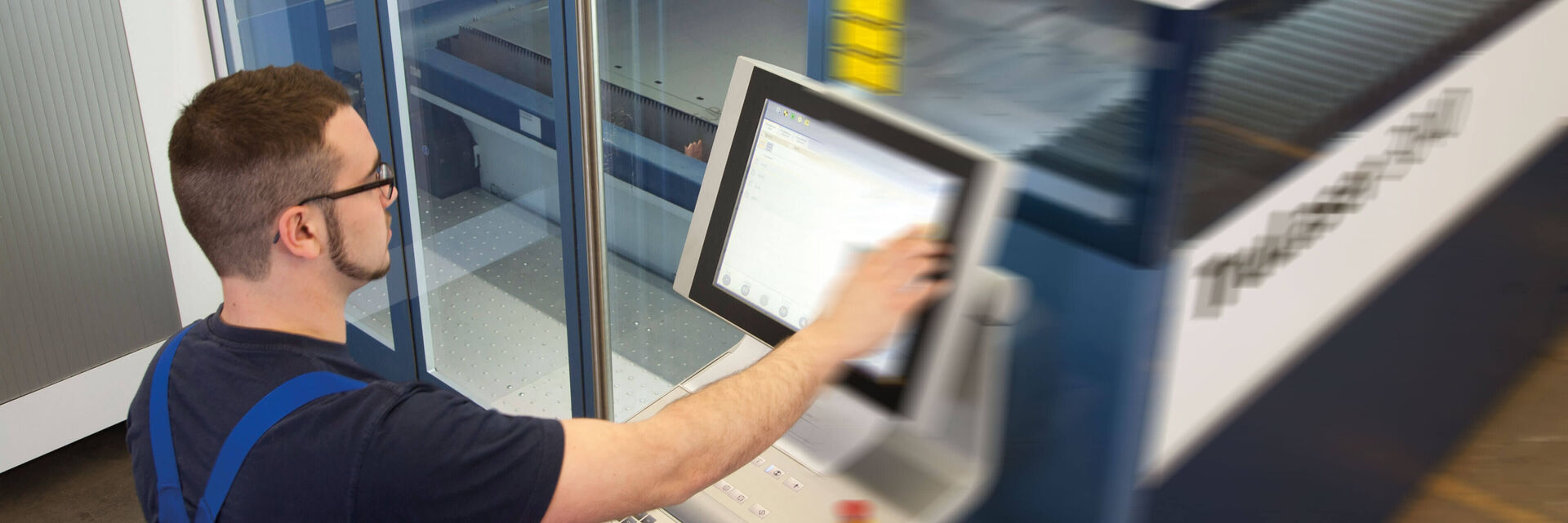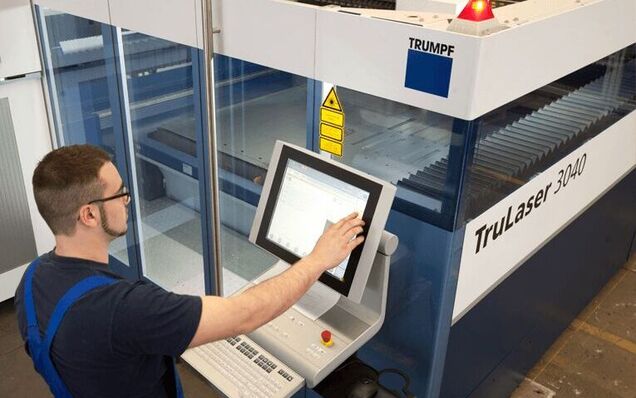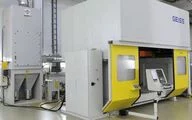Efficient Dust Extraction to Protect Personnel and Machinery
Laser technology is now standard in the machining industry when processing metal and organic material (e. g., plastic, timber). The resultant increase in precision and productivity is also associated with an increased emission of pollutants, sometimes in the submicroscopic range. This affects the health of the operator and the functioning of the laser system. Consequently, a dust extraction system is required to ensure effective dust collection and separation.
While conventional dry scrubbers can be used for metallic and non-metallic dust, special separation processes are necessary for organic material.
Flexible and Safe Dust Collection
Dust Collectors in the VARIO, PT-filters or L-CUT series are most suitable for very fine particulate. The required air flows can vary depending on the process and material used during laser engraving. The system design can be flexible regarding the required airflow and individual processes because of the variations offered in the filter series - also feasible for large air flows.
For thermal processes such as laser engraving, additional fire protection measures as well as explosion protection in accordance with ATEX regulations are recommended.
References laser cutting
These customers rely on our extraction systems during laser cutting.
Prima Power GmbH, ARLINGTON HEIGHTS - USA (Laser cutting machines )
Sauer DMG, Pfronten - Germany (Laser machining centers )
... and many more!
Links
Used Products
Dust Collector VARIO eco >>
Dust Collector PT-Filter >>
Dust Collector L-CUT >>
Filter Element KLR-Filter >>
Explosion Protection
Information About "Explosion Protection According to ATEX" >>
Set and Guidelines
TA-Luft: Air pollution control - emission standards >>
VDI 2262-3: Air quality in the workplace - clean air recirculation >>
TRGS 900: Occupational limit values in the workplace >>
TRGS 560: Air recirculation after processing carcinogenic dust >>
TRGS 561: Processing of carcinogenic metals >>
TRGS 528: Welding operations >>
DGUV-Regel 109-002 (formerly: BGR 121): Workplace ventilation >>






